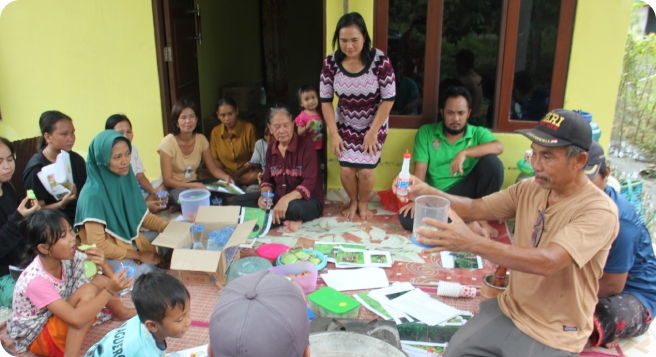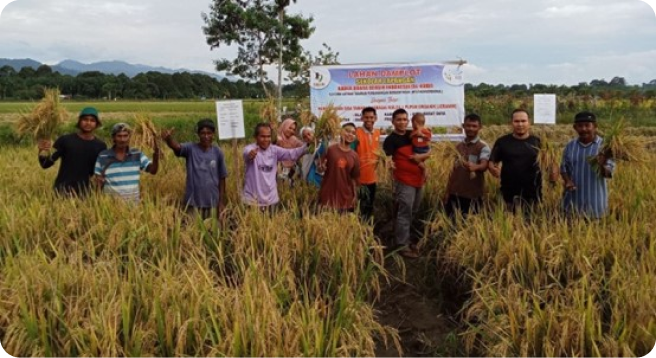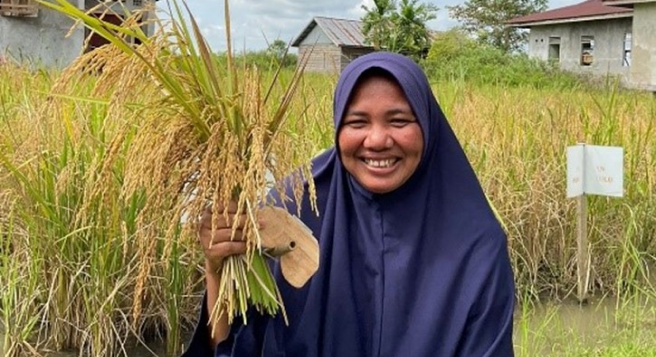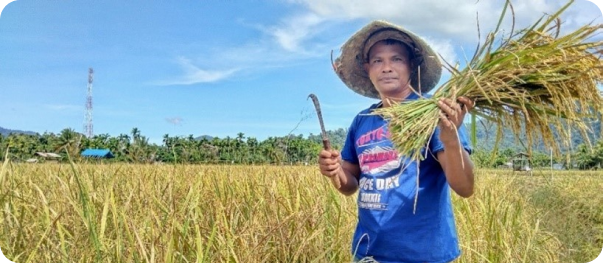Background
Open biomass burning is a major health and environmental hazard. It involves the open burning of field residues after crop harvesting, as well as grass and other organic cuttings in agricultural settings. Agriculture is one of the largest industries in Indonesia and agricultural biomass burning has become a major issue, contributing significant emissions and pollution.
According to the United Nations FAO statistics, Indonesia utilises 32% of its land for agricultural production. The sector encompasses large plantations, state-owned or private farms, and smallholders. Driven by multiple factors including burning residue crops or deliberate land clearing for plantations, open burning now represents one of the main sources of air pollution in Indonesia. In fact, agriculture account for a staggering 7.8% of the country’s total greenhouse gas emissions.
Beyond being a driver of global heating emissions, this practice has led to several related challenges, including ecosystem destruction, soil imbalance, the continuous loss of soil nutrients, and increased risk of wildfires.
Besides this, there are a multitude of adverse impacts on human health stemming from pollution. Exposure to biomass-burning particulate matter is associated with negative outcomes on health, from higher risks of respiratory and cardiovascular conditions, to cancer and overall mortality rates.
To address these issues at the interconnection of sustainability and health, EarthCare Foundation partnered with Indonesian nonprofit Farmers’ Initiatives for Ecological Livelihoods and Democracy (FIELD) to raise the awareness of and reduce the practice of open burning among the country’s smallholder farms and grassroots communities.




